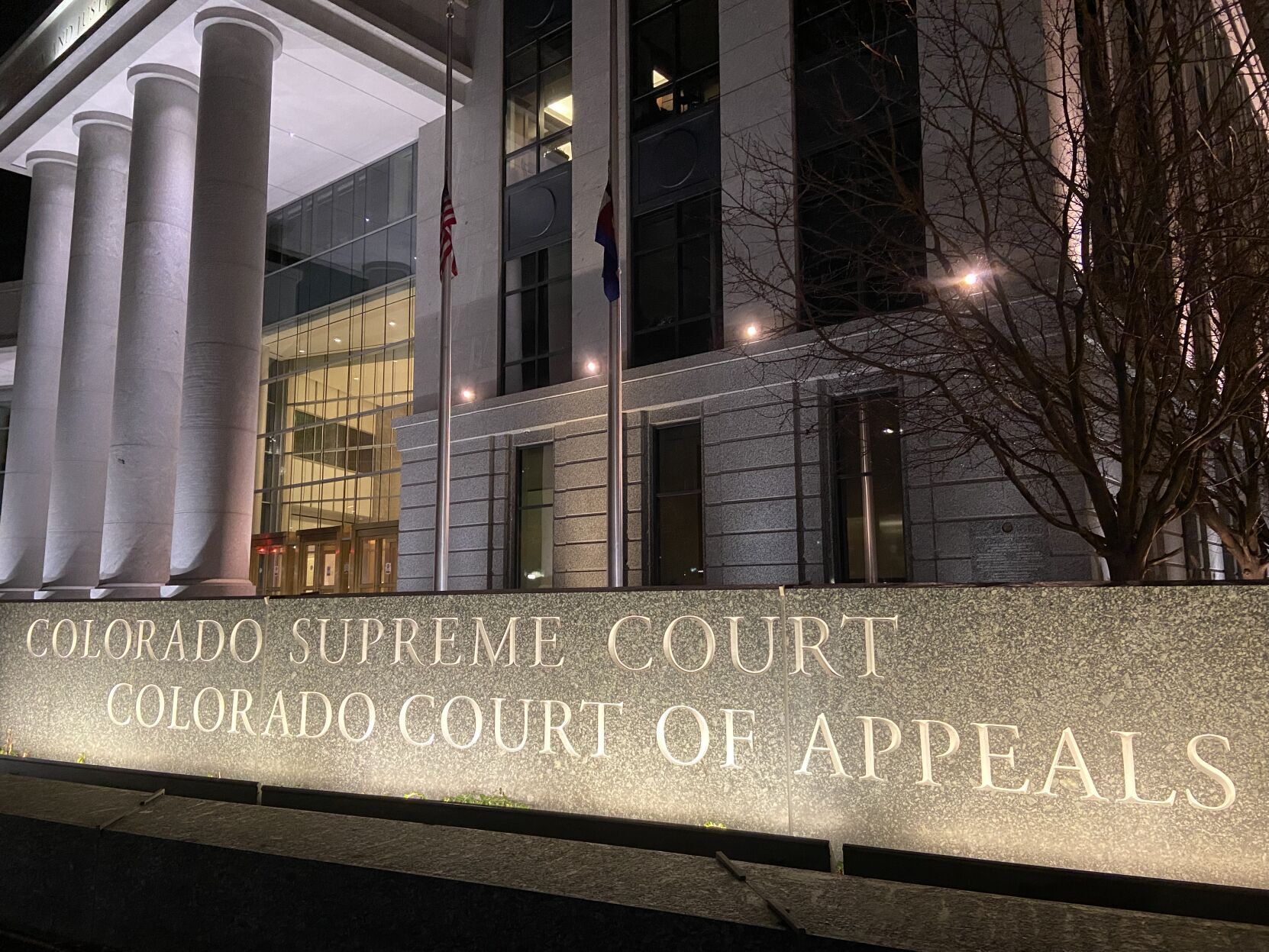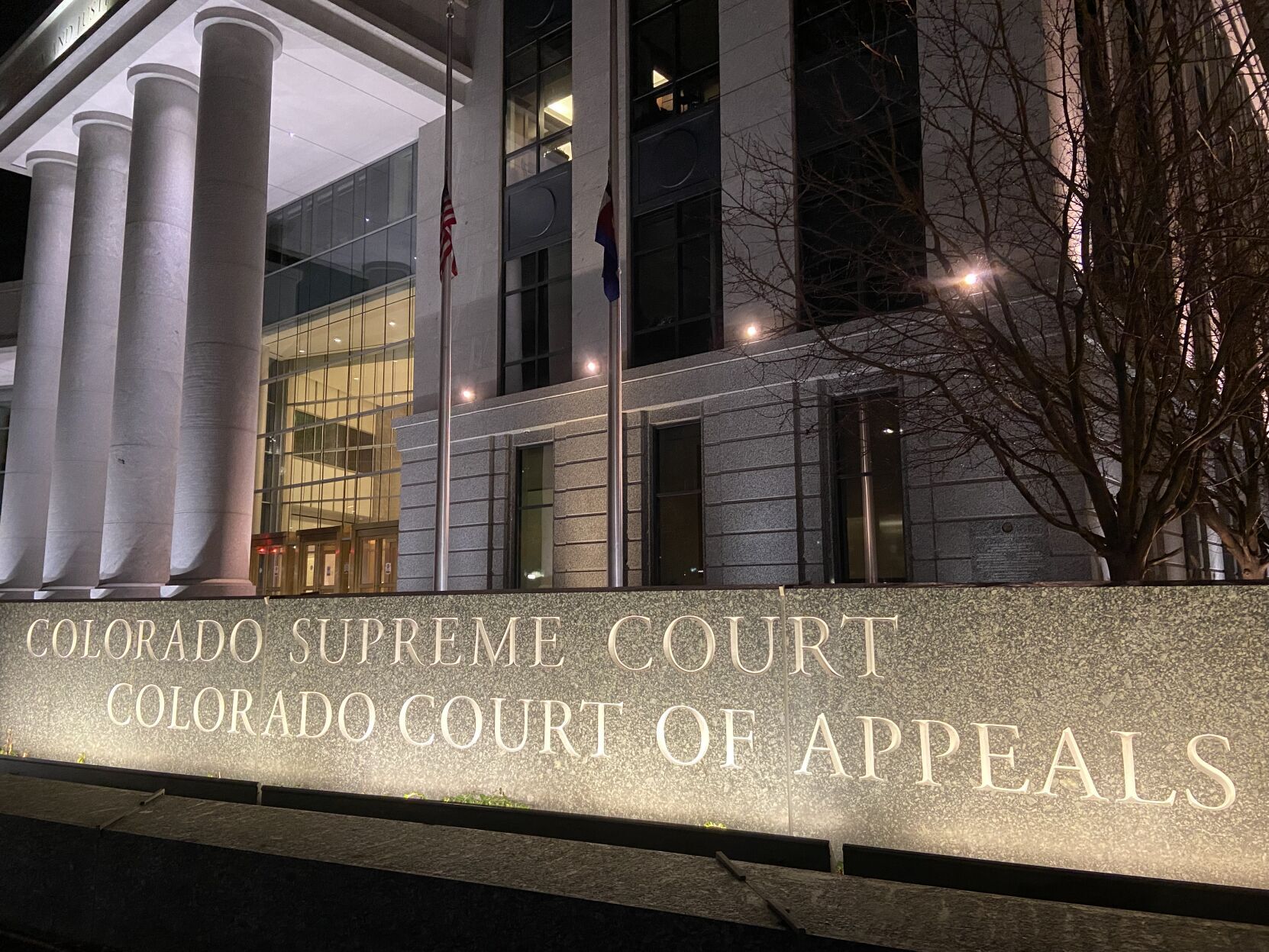Appeals court overturns sex assault conviction following improper witness testimony

A Douglas County judge mistakenly let an expert witness vouch for the credibility of a child victim, prompting the state’s Court of Appeals to reverse the defendant’s sexual assault convictions.
Joseph Ramirez was sentenced to 16 years to life in prison based on his 2018 trial for allegedly repeatedly sexually abusing a child. There were no witnesses to the reported assaults and Ramirez denied the allegations.
Ramirez challenged his convictions based on testimony that a licensed clinical social worker provided at trial. A three-judge panel for the Court of Appeals noted that expert witness testimony may help the jury better understand the evidence in a case, particularly one involving the psychological implications of childhood sexual assault.
“But our appellate courts have long held that when an expert’s testimony breaches the boundary of educating the jury and instead comments on an accuser’s veracity, the testimony is ‘plainly inadmissible’,” wrote Judge Timothy J. Schutz in the Feb. 17 opinion.
In Ramirez’s trial, the social worker had testified about why child victims might not fully disclose their abuse and explained how a sex assault could affect the child’s brain. The jury then posed a question about the social worker’s experience with children making false accusations, and wondered how commonly that scenario occurred.
The social worker responded that the children she sees for treatment “have already gone through an investigative process and have been determined to have been founded in terms of the allegations.”
She asked if she should continue further, and District Court Judge Shay K. Whitaker allowed her to respond “however you feel you need to.” The social worker continued to speak about studies involving false accusations from children.
“In those cases,” she said “there was a number that was given that was about 2.5% of children who made a – where there was an allegation made and it was found that the child intentionally made that (false) allegation, and in the subsequent study about 1.5%.”
The appeals panel found two problems with allowing those answers at trial. First, her comments suggested that some process existed to screen out unfounded allegations from children. Second, by testifying that studies showed between 1.5% and 2.5% of children made false accusations, that meant the jury had a 97.5% to 98.5% chance of convicting Ramirez correctly.
Schutz said the error should have been “obvious” to the judge and to the lawyers on the case. Given the lack of physical evidence of an assault, Ramirez’s conviction hinged in substantial part on whether the jury believed the alleged victim had told the truth.
“We conclude this testimony substantially undermined the fairness of Ramirez’s trial and created serious doubt over the reliability of the jury’s guilty verdicts,” Schutz wrote. “Accordingly, the judgments of conviction predicated upon those verdicts cannot stand.”
A different Court of Appeals panel reached a similar conclusion last month in a case out of Jefferson County. In that instance, the expert witness told a jury that she only saw children who first spoke with forensic interviewers and whose allegations were deemed founded. Because the jury had already heard from the alleged victim’s forensic interviewer, the Court of Appeals reasoned the jury could logically believe the victim’s accusations were founded based on the screening process there.
Ramirez is now entitled to a new trial. The case is People v. Ramirez.














